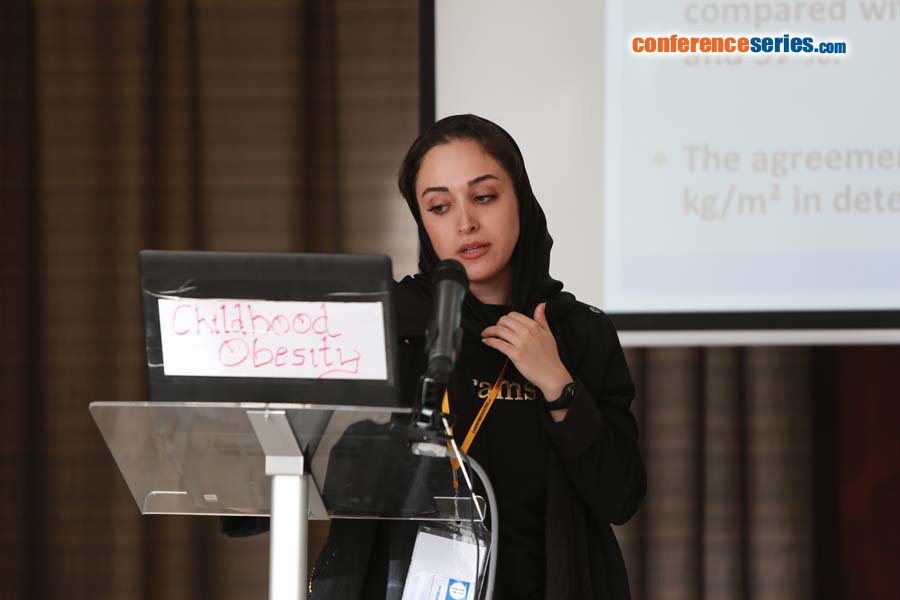
Mehnoosh Samadi
Kermanshah University of Medical Sciences, Iran
Title: The association between nutritional supplements and body mass index (BMI) in children in pediatric intensive care unit
Biography
Biography: Mehnoosh Samadi
Abstract
Because of the direct relationship between malnutrition among ICU-hospitalized patients and the delay of recovery, the most important action rehabilitation service for these patients while stabilizing the basic indicators is providing nutrients especially energy requirements. When the patient's need for energy is growing increasingly, the best strategy is to use nutritional supplements. In this study, dietary intake in PICU children was studied and the effects of a dietary supplement in the prevention of weight loss in pediatrics were evaluated. In this cross-sectional study the study population was 880, 10-13 years old children in pediatric intensive care unit (PICU). Peptamen complete was used (1 kcal/ml, 16% protein (whey), 50% carbohydrate, 34% fat). Body weight and height were measured and BMI was calculated. Total energy intake and the percentage of energy from macronutrients and also nutritional supplements intake were measured using three food record questionnaires. Compared with the children in the lower quartile of nutritional supplements intake, children in higher quartile had a greater BMI (P<0.01). In this study, we use logistic regression and adjusted the effects of confounding factors. After Adjustment for the percentage of energy from fat the inverse association between BMI and nutritional supplements intake reached statistically levels significant (OR in quartiles 0.90, 0.88, 0.81, 0.77), (P<0.05). Since all the energy needs of the children in ICU with regular diet is hardly supplied and energy intake in the form of liquid supplements is better tolerated in these patients, the use of dietary supplements is suitable to meet their nutritional requirements.






